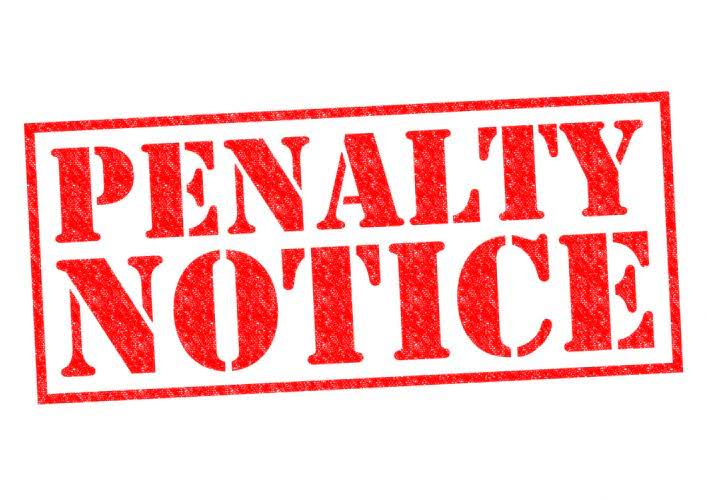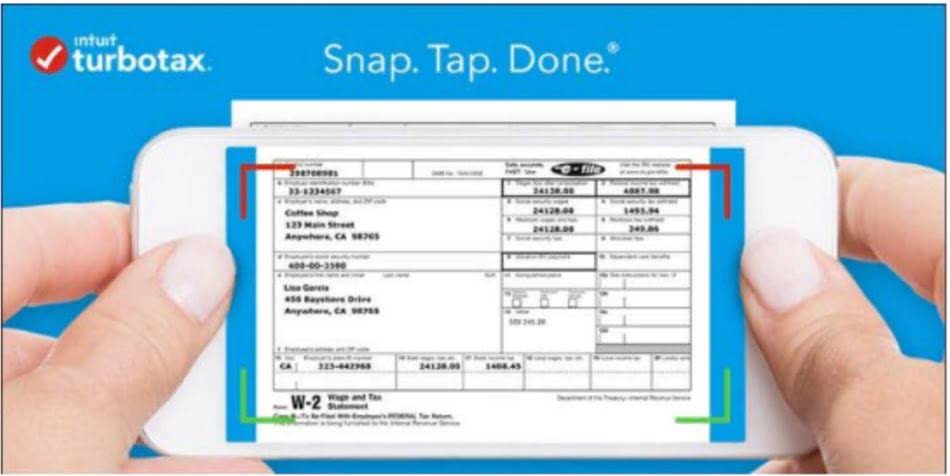
“This reduces manual entry errors and ensures timely transactions, which are crucial for cash flow management,” Schmied says. Do you have more questions about the bookkeeping process for small businesses? Wondering how best to collect and track financial information, deal with expense management, and ensure healthy cash flow for your business? Here are some of the https://x.com/bookstimeinc most frequently asked questions on bookkeeping for small businesses.
Bookkeeping basics: The accounts you should know
Bookkeeping is the process of keeping track of every financial transaction made by a business—from the opening of the firm to the personal bookkeeping services near me closing of the firm. Depending on the type of accounting system used by the business, each financial transaction is recorded based on supporting documentation. That documentation may be a receipt, an invoice, a purchase order, or some similar type of financial record showing that the transaction took place.
Bookkeeping for Beginners: 6 Basic Concepts to Get You Started

Keep in mind that in most cases, you can edit the chart of accounts to better suit your business. It’s also a good idea to become familiar with the accounts included in your chart of accounts, which will make it much assets = liabilities + equity easier when you begin to enter financial transactions. This guide is designed to simplify the bookkeeping process for you, providing you with the basics from proper setup of all of your accounts to why it’s important to record transactions promptly. Recording can be pretty time-consuming (especially if you’ve been putting it off), which is where accounting software like Wave’s can help.

Keep track of everything—all in one place

This type of account is designed for everyday use and allows businesses to make unlimited deposits and withdrawals. Typically, checking accounts also come with a debit card for easy access to funds. To get started, you don’t need to search for the cheapest bookkeeper around, even if you’re a complete newbie. You work hard for your money so the last thing you want is giving a big chunk to the taxman and then another hefty slice to a bookkeeper for tasks you can do by yourself. Here are the basic concepts you can learn to get started right away to do the books like a pro. Different industries have different tax codes, and different companies have different bookkeeping needs, so make sure to consult with a CPA or professional bookkeeper before you set up your books.

- There should be sections for amounts, types of expenses, dates of transactions, and other information.
- As stated earlier, bookkeeping apps usually have a number of built-in features that simplify the process of understanding and entering one’s information.
- This means recording transactions and saving bills, invoices and receipts so you have all the data you need to run reports.
- Without them, it’s nearly impossible to make informed decisions about your business’s financial health.
- Personal bookkeeping systematically records and organises financial transactions and activities related to an individual’s finances.
This ensures your financial statements accurately reflect your business activities. This depends greatly on the volume of accounting work your business requires. If it’s becoming too much to handle on your own as a business owner, it might be time to invest in a personal accountant for the company, even if it’s just on a weekly or monthly basis. Traditionally, you would need to wait to receive your monthly bank statement and reconcile the transactions on the statement with those posted in your ledger or accounting software. The purpose behind completing a monthly reconciliation is to see what checks are still outstanding, post any bank transactions, and add additional charges such as account fees. You also need to understand what debits and credits are before you can start to enter any transactions.

- Equity is the investment a business owner, and any other investors, have in the firm.
- Tracking your money can be a breeze whether you want to do so manually or with the help of apps.
- These expenses that haven’t been paid yet are categorized as accounts payable.
- When you’re stuck in the minutiae of reconciling your transactions, this won’t feel like “seven easy steps”.
- Under single-entry, journal entries are recorded once, as either an expense or income.
In a single-person business, the business owner may need to handle the accounting themselves, without the help of a bookkeeper. Whether you’re trying to manage your own finances or are interested in finding work as a bookkeeper for another person’s business, learning the basics of accounting can help you get started. Bookkeeping is the process of recording all your business’s financial transactions systematically. It involves tracking income, expenses, assets, liabilities, and equity.
- You also have to decide, as a new business owner, if you are going to use single-entry or double-entry bookkeeping.
- That’s why we’ve created a handy checklist so you can do bookkeeping like a pro.
- Read over the first invoice you issue a few times before submitting it to the client to ensure it’s a good template going forward.
- Many personal budgeting apps and software programs let users scan and share receipts, import data, and keep track of multiple financial accounts.
Step 1: Gather your financial documents
To make a personal budget, write down your expected monthly income and any set monthly costs, like rent and utilities. Then, as needed during the week or month, take away or add other incomes or costs. Type “financial tracker spreadsheet template” into a search engine to get the needed spreadsheet. Making a budget can be challenging, but it’s a great way to control your spending and make sure you can pay your bills.
Select an accounting method
Our emotions serve as indicators of whether a connection is fulfilling, balanced or potentially draining, guiding us toward relationships that support our happiness and growth. Here are four questions to ask yourself while auditing your personal relationships. BTW, you can also hire a bookkeeping pro to help you out with reconciliation. We know, we know—that doesn’t make bookkeeping any less boring and painful.
 Consultorio Jurídico Virtual Consultorio Jurídico Virtual
Consultorio Jurídico Virtual Consultorio Jurídico Virtual